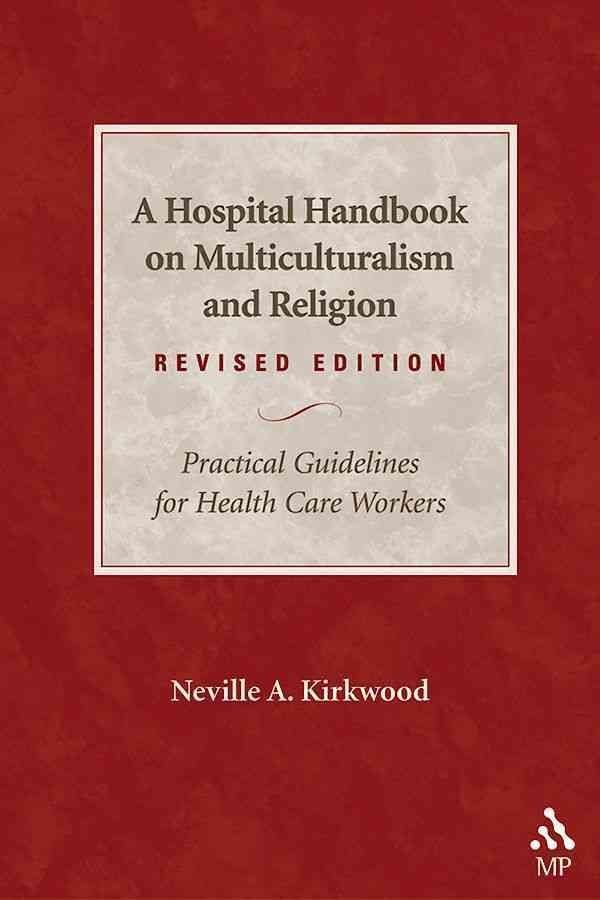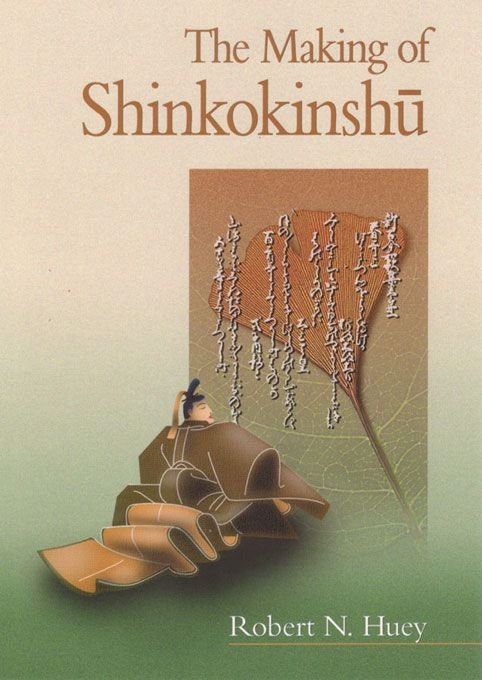In our religiously pluralistic society, clergy, medical, and nursing staffs in modern hospitals are confronted with caring for people with varied beliefs and customs. Since the overall care of a patient, and not just the surgeries performed or medicines given, affect an individual’s recovery, it is vitally important to be familiar with cultural and religious understandings and expectations around hygiene, pastoral care, autopsies, transfusions, and even the practices associated with death itself. A Hospital Handbook for Multiculturalism and Religion is a succinct guide to the care of patients from a variety of faiths. The original version included Christianity, Islam, Judaism, Hinduism, Sikhism, Buddhism, and Baha’i. In the revised edition Neville Kirkwood has added chapters on Taoism, Confucianism, Neo-Confucianism, Chinese Buddhism, and Jainism. Each chapter examines not only the customs of adherents to various faith perspectives but also the significance of certain rites and attitudes, supplying health-care workers and chaplains with the information they need to provide the best care possible.












